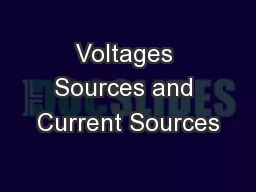PPT-Gathering information from sources
Author : elizabeth | Published Date : 2023-09-18
gtMaking a background reading gtmake a list of keywords and subject headings and start gathering information taking notes and compiling work bibliography Gathering
Presentation Embed Code
Download Presentation
Download Presentation The PPT/PDF document "Gathering information from sources" is the property of its rightful owner. Permission is granted to download and print the materials on this website for personal, non-commercial use only, and to display it on your personal computer provided you do not modify the materials and that you retain all copyright notices contained in the materials. By downloading content from our website, you accept the terms of this agreement.
Gathering information from sources: Transcript
Download Rules Of Document
"Gathering information from sources"The content belongs to its owner. You may download and print it for personal use, without modification, and keep all copyright notices. By downloading, you agree to these terms.
Related Documents














